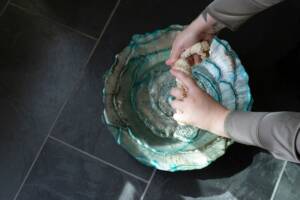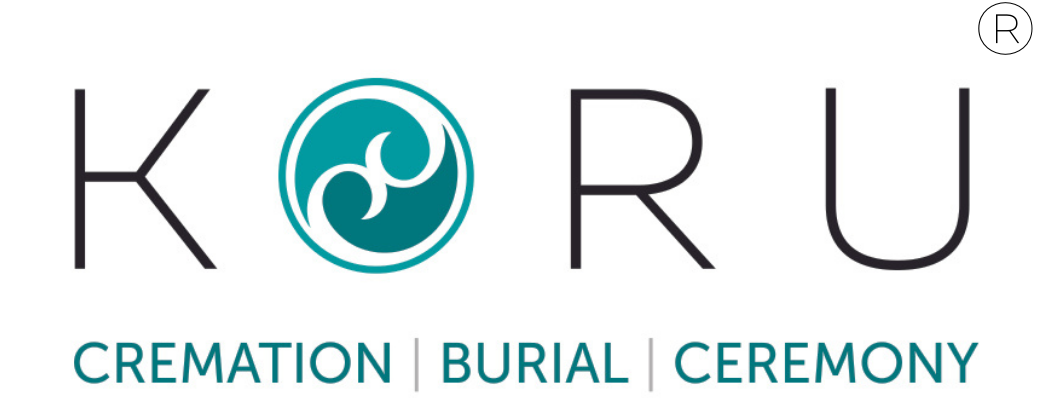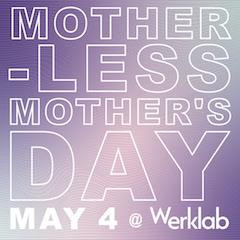The most natural act in our lives has sadly become an often feared and misunderstood task. However, the opportunity to reclaim our involvement in caring for our dead still exists and all it takes is a hand extended in invitation from an experienced death-carer to say, “I’m here to help. We can do this together.”
Although it was five years ago, I remember so clearly that I unknowingly extended my hand to my mom, my nieces and my middle sister to invite them to help me care for their daughter, mom and older sister. I say unknowingly, because in my grief, I didn’t realize I was that leader. I was just anxious to be with my older sister, Tania, as she lay on the preparation table in a funeral home on the outskirts of Aukland, New Zealand. And in that anxious state, as the five of us women, young and old, entered the prep room, I ended up being the first to approach Tania as the others unconsciously hesitated and held back just a bit. They didn’t hold back to give me the opportunity to be with my sister first, they did that because of the fear and uncertainty that many feel when they first encounter their one who has died. People don’t know what to do, where to look, what to say. There’s an understandable overwhelm of emotion in those first moments of encounter and I believe that was what caused my family to hesitate as we greeted Tania in her death. I, however, was functioning as if on auto-pilot as I approached my sister, drawing on my many years of experience of caring for the dead. It was when I had reached her and was stroking her forehead that I realized my mom, sister and nieces (Tania’s daughters) were only just starting to come forward. It was as if my deliberate movement forward and stroking of Tania’s skin was the invitation they needed to know that this seemingly impossible task we were about to undertake was somehow going to be the right thing to do.
The work of caring for our dead can easily be obfuscated by other decisions that, while they must be attended to, can also be distractions that deter us from engaging in the physical care of our dead, one of the most important acts that we can choose to engage in. I recently met with a family that had three generations in their home and, as a family unit, had cared for their elderly father for the years and months leading up to his death. One family member in particular provided quite a lot of assistance to his elder, helping him to dress, bathe, shave and move about their home. When I heard that, and as I was broaching the topic of the physical care that should be provided for their dad, I asked that key family member if he would like to help me prepare his elder for their family. His eyes grew wide, his shoulders rose high and his head hung down as he paused and thought about my invitation. When he was ready to reply he said, “I didn’t know that was a question I would be asked”.
I am deeply aware of the privileged position I hold as a trained carer for the dead, bathing, dressing and laying them out, in preparation for their family or for their final disposition. It is a humbling position to hold and anytime I’m able to interest families to help me provide that care for their dead, or better yet, experience families who initiate that request, I am thrilled. That may sound like an odd word to use, considering the subject, but it truly is thrilling for me because I know what the transformation of the surviving family / friend will be as they go through this ancient ritual of cleansing and caring for their person who has died.
At first they will enter the room, hesitant, uncertain, fearful and deeply upset, as were my own family. Some people will ask lots of questions and avoid looking at their person, but many will slowly move forward to be nearer to their person. I’m often asked if it’s ok to touch the deceased. To show them the way, I’ll respond with words and touch, usually touching their hair or arm to emphasize just how ok it is.

Our bathing room at KORU is an intimate space, with colours on the walls chosen to brighten the space and lighting and furnishings chosen to be practical but not overly institutional. The dead are initially laid out on a table designed for bathing. It is adjustable, stainless steel for easy cleaning, and has a built-in “gutter” running around the edges so that the water from bathing the deceased runs to the edges and flows to the foot end of the table, emptying into the waiting sink.
When families first see their one who has died in the bathing room, they will likely see them on this table, as we prepare for the final cleansing. We will use cloths provided by One Washcloth Project, (an organization facilitating the involvement of families and friends in bathing their dead), regular soap, shampoo and conditioner, along with their choice of essential oils. Often I’ll take cues from the family to either engage in conversation or be comfortable in silence as we go through the ritual. Some will ask for music to play, but many want to talk as they work. Once the bathing has finished and the deceased person is all dried off, we begin dressing. I’m always relieved when the clothing choice is loose fitting but when a tight pair of jeans, cowboy boots and a fitted shirt is pulled out of the bag, we make it happen.
Finally, we are ready to lay the deceased in the chosen cremation casket or burial shroud. The initial fear, dread and hesitancy in being with their dead has faded. It never ceases to amaze me how quickly this transformation happens once the work begins. Tears are shed, noses need to be wiped, laughter erupts and moments of respectful and awed silence envelope the room. The emotions usually come on strong again once the deceased has been laid out. The work of preparing them is done and now it’s time to just be with their dead, to prepare for the final farewell.
Our elders from many cultures around the world knew the value in family or community participating in the final act of cleansing the dead, readying them for the afterlife. It is their wisdom that we should gravitate to now, rather than the fear and uncertainty in our hearts or the now decades long practice of outsourcing this transformative work to strangers. I, of course, am one of those strangers as a trained and licensed funeral director and embalmer. Nonetheless, I know that my heart is true when I encourage families to let me only be their guide and not the commander of their dead. The person I mentioned earlier who had provided much love and care for his dying elder, eventually declined the hand I extended to him, offering him one last opportunity to bathe his elder. The fact that he had the opportunity to consider this offer though, made a difference. I will always be encouraged that the work we do, the responses of, “I didn’t know that was a question I would be asked” are the right practices for us, as deathcare guides, to engage in. Being transformed by the death of one you loved is unavoidable, but being able to influence the early days of that transformation through the choices you make is enlightening.


